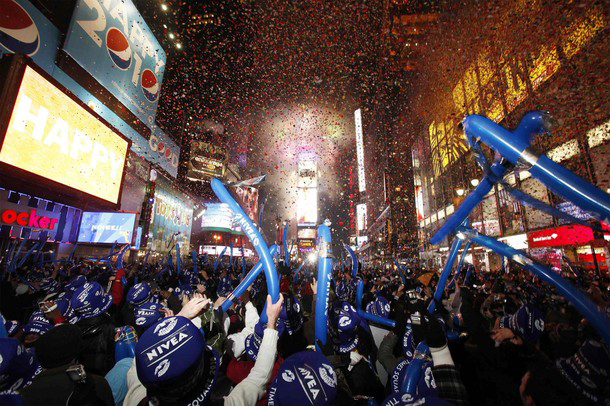
2010 will most likely define the character of the next decade for U.S. foreign policy in Central and South Asia. For Afghanistan and Pakistan, the year will foreshadow what awaits them in the new decade – fatal chaos, expensive stability (with some hope) or a blend of both.
Seen from Kabul, the vital facts and realities on the ground are grim and heartbreaking. The situation is grim because important trends – such as the strength and expansion of the Taliban’s areas of influence and operations and the government’s ability to curb corruption – are still moving into the unmanageable territories. It is heartbreaking because death, destruction, inefficiency, excess, massive corruption, greed, despotism and indifference to human dignity is becoming the way of life in the region.
The big problem is that those leading this mission (whether they be military, civilian, Afghan, foreign, public or private) are forced into an insulated mentality and environment, where concrete walls separate them from on-the-ground realities and the lives of the people. In essence, the leaders of this war are out of touch not only with the civilian population, but also with the realities of the region.
One of the greatest challenges in executing President Obama’s new strategy for both the American-led forces and the Afghan government will be to connect to and communicate with the Afghan civilians in a kind and effective manner. Failure to make the civilians part of the solution will make success in Afghanistan more an illusion than a pragmatic possibility. Currently, most Afghan civilians think that neither the American-led NATO forces nor the Karzai-led Afghan government is on their side and that neither will work for them on issues that count.
The public perception is that the Americans and the Karzai team work primarily to advance their own personal, economic and military agendas and the agendas of those that keep Mr. Karzai in power. The civilians do not trust the NATO troops or the current Afghan government, mainly because neither gives the civilians a reason to do so.
There is still hope, I believe, if good people put good policies into good actions. Yes, the Taliban and Al Qaeda have the momentum and the upper hand at the present time, but popular support for them is extremely low and the civilians are hostile to them in general. To turn the tide and win this war, the American-led forces and the Afghan government must tap into the civilians’ willingness to be part of the solution, enabling them with the right tools to right the situation themselves. Success in this situation also requires collaboration between the American-led NATO forces and the good part of the Afghan government. Good rhetoric must be matched with good actions on the ground.
The single biggest factor that can push the efforts in this direction (and prevent a total failure in 2010) is the American military. I am fairly optimistic that the American military will lead the way in moving forward by reaching out to fellow Pashtuns and others to explain that their mission in the country is not to change their religion, traditions or the length of their beards, but instead, to prevent the return of terrorists to positions of power.
If the American forces are successful in convincing enough civilians in that field, then 2010 will be a tough but good year. Otherwise, lives will be lost, resources wasted, opportunities missed and the stage set for a full-scale bloodbath. Success is still reachable, but failure is a very real possibility.
Jawad Joya is an economic anthropologist and a strategic policy analyst. He is based in Washington, D.C., and Kabul, where he is currently working on a field research project. This essay is part of the 2010: A Watershed Year for South Asia web forum, a collection of expectations about the greater South Asia region in the coming year.
2010: A Watershed Year for South Asia
- Shoals Ahead – Shuja Nawaz
- A Pivotal Year – Jonathan Paris
- A Bleak Future – Ahmed Rashid
- Rise of the Asian Giants – Masood Aziz
- A Region in Flux – M.J. Akbar
- Black Swans – Cyril Almeida
- Difficult Times Could Get Worse – Bruce Riedel
- High Stakes – Hilary Synnott
- A Make or Break Year for Afghanistan – Jawad Joya
Photo: Reuters Pictures.
Image: NewYearCelebration.jpg
